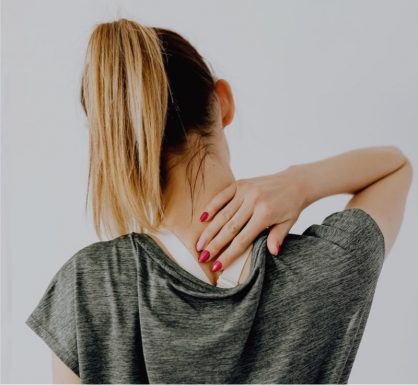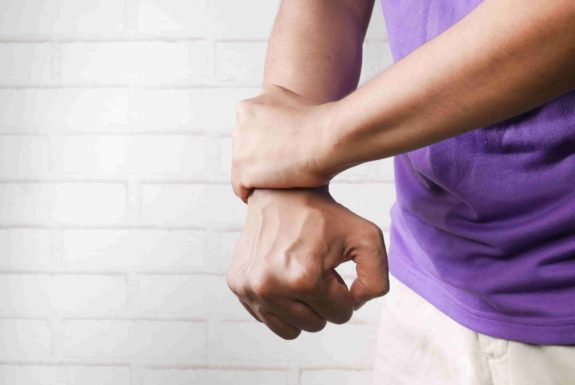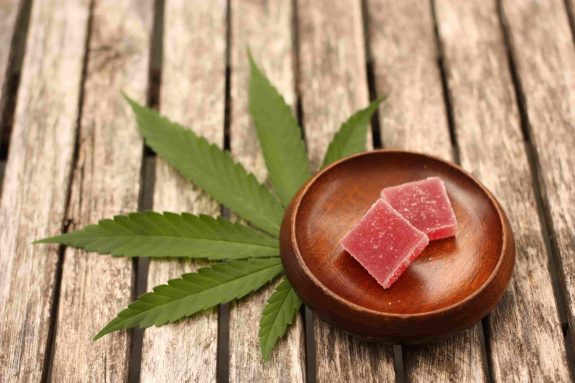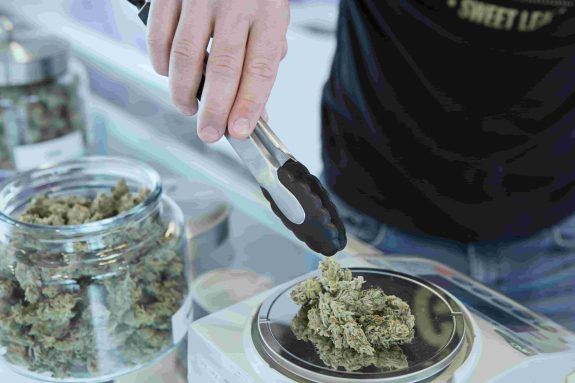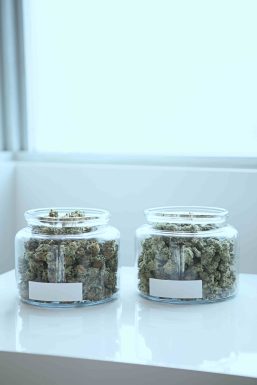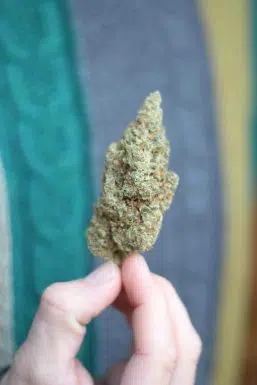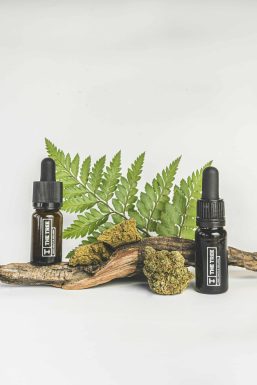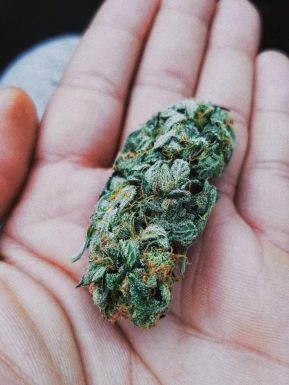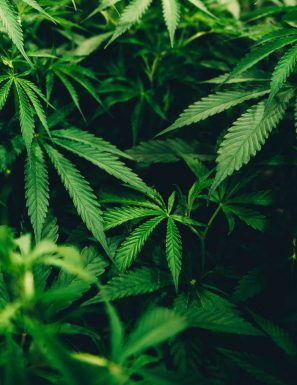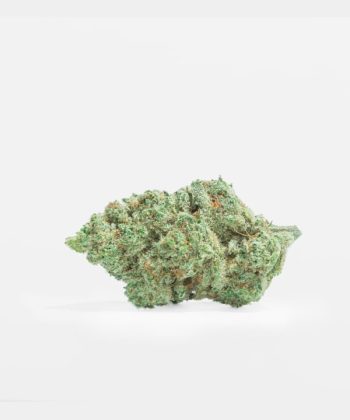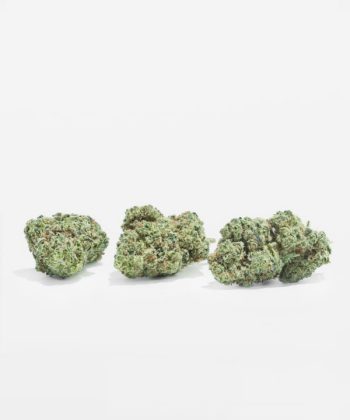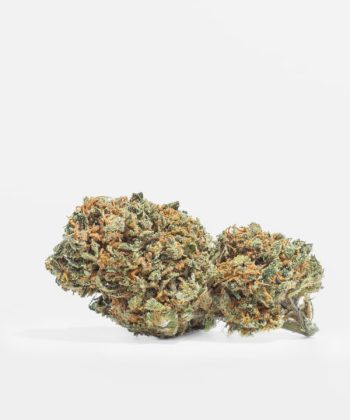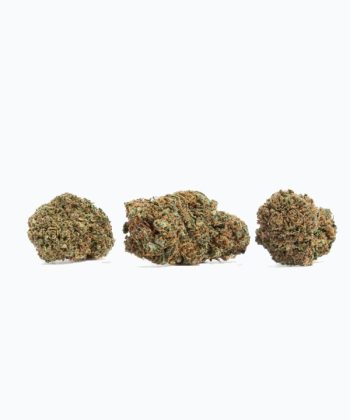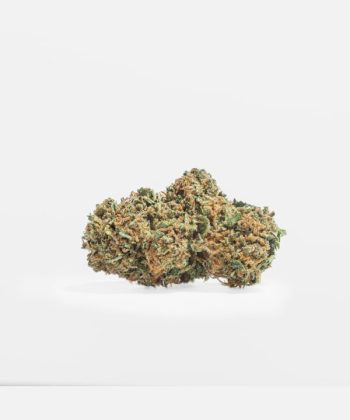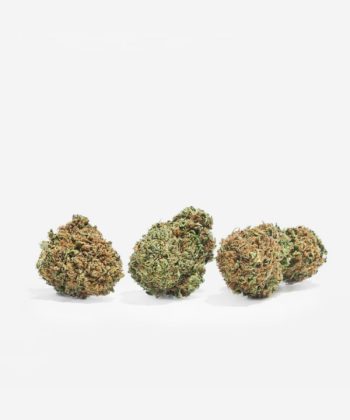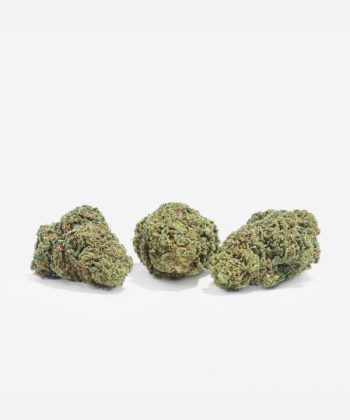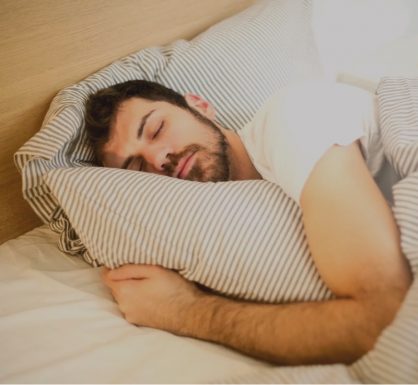
CBD for sleep: is it effective?

CBD has the potential to help us to achieve a better sleep and rest, and a greater relaxation. Its active components can help control our nerves in stressful situations. Similarly, they can also help us rest better when we’re dealing with difficult situations.
CBD products for sleeping and resting
According to the Spanish Society of Neurology, 35% of Spaniards suffer from acute insomnia and 15% from chronic insomnia¹. The latter, as its name suggests, is a long-term condition. Acute insomnia, on the other hand, occurs over a short period of time, usually due to anxiety and stress.
This leads to a number of inconveniences for sufferers. Difficulty falling and staying asleep at night leads to symptoms such as daytime fatigue, irritability, lack of energy, and difficulty in paying attention.
CBD, apart from having analgesic, anti-inflammatory, and cosmetic properties as stated several articles, can also help control anxiety and stress levels, according to Suraev’s² study. This quality also makes it an ideal product to help you fall asleep and rest better.
How to take CBD to sleep better
As described in our CBD Consumption Guide, there are several ways to take this cannabinoid. The best thing to do is to try several different methods until you find the one that best suits your needs.
However, please bear in mind that not all forms of CBD consumption are legally permitted in all countries, as we explain on our page dedicated to CBD legislation.
In certain countries such as Luxembourg, Switzerland, or Italy, for example, where the legal framework allows it, it’s possible to consume CBD sublingually, orally, or by smoking or inhaling it.
As The Tree CBD is a Spanish company, we’re obliged to inform you that the majority of these uses aren’t legally permitted in Europe. Therefore, in this article we explain the different ways to take CBD to help you sleep better and its legal status in Europe.
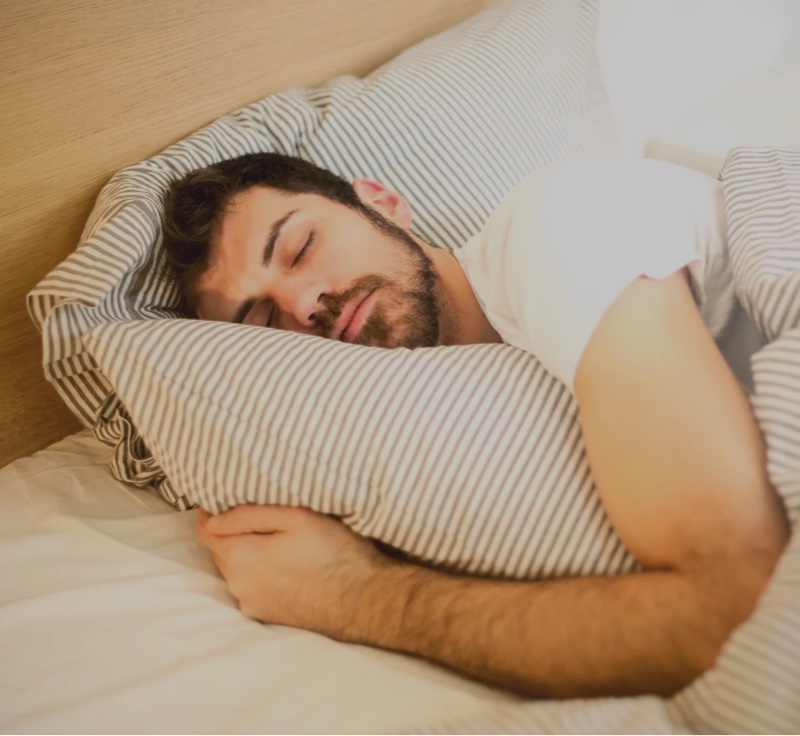
Sublingual CBD for sleep
A relatively quick method is sublingual consumption, which, as the name suggests, involves taking CBD under your tongue. Typically, CBD oil is used for this consumption method.
It takes about 15-20 minutes to take effect and the best thing is to take it after dinner or before bedtime. This form of consumption is completely legal in Europe.
Oral CBD for sleep
Another administration method for CBD to help with sleep, as well as to improve rest by reducing sleep disruption, is to consume it orally. This simply consists of consuming CBD products.
There are a number of ways to do so, such as by consuming capsules, sweets or other confectionery, drinks, CBD oil, and so on. This form of consumption takes longer than sublingual consumption, because CBD has to be digested in order to be metabolised. CBD products like these aren’t legally permitted in Europe.
Inhaling CBD to help you sleep
Lastly, another form of consumption for this cannabinoid is inhalation. Smoking flowers or resins isn’t permitted in Europe, which would be considered misuse of the product.
However, inhalation using e-liquids or disposable vape pens is allowed. With this form of consumption, the effects of CBD are felt almost immediately.
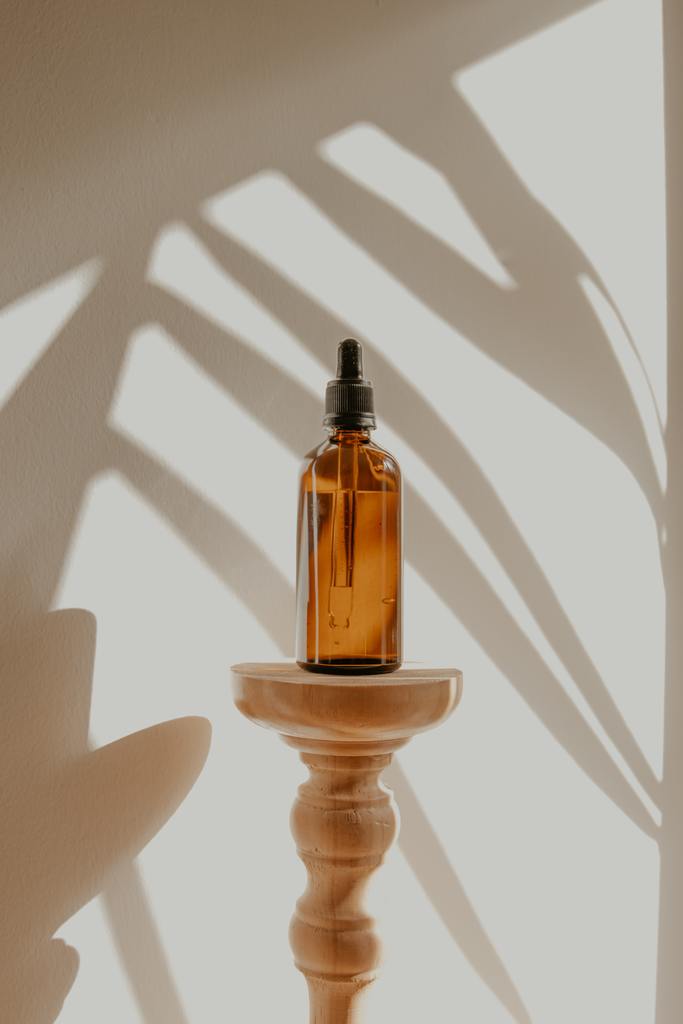
Effects of CBD on sleep
Thanks to the anxiolytic properties of CBD, always according to Suraev’s² study, one of the benefits it offers is its ability to help you fall asleep better and improve your sleep quality. In other words, because it can help reduce and control stress and anxiety levels, it helps you to relax. As a result, it can help you fall asleep better and remain asleep throughout the night, reducing the amount disruption to your sleep.
But it’s not only anxiety and stress that can cause insomnia. Night-time activities, whether for work or play, and frequent time zone changes, among other factors, can disrupt your circadian rhythm. In other words, certain situations inevitably affect the sleep-wake cycle. In these circumstances, CBD can also be a great ally, helping to regulate this cycle.
In addition, preliminary evidence has shown that it may be helpful for other sleep disorders, such as nightmares caused by post-traumatic stress, REM sleep disturbances, or narcolepsy².
Studies on the effects of CBD on sleep disorders
A systematic review of 14 preclinical studies and 12 clinical studies published in October 2020 points to there being preliminary evidence regarding the treatment of various sleep disorders². Ultimately, it suggests that more research is needed to reach a conclusion on the use of CBD for these types of disorders, given the available evidence.
As for circadian rhythm disorders, CBD may improve sleep in circumstances that force us to alter our natural cycles. An experiment carried out on laboratory rats and published in 2013 investigated the effects of this. Two groups were given CBD and a placebo respectively, and their sleep cycles were altered. The members of the first group experienced improved daytime sleep, and fell asleep easier³.
In terms of anxiety and stress, there’s also a great deal of research on the effects of CBD. Also, in surveys of CBD users, many report anxiety relief as a reason for using CBD. In a survey published in 2018, 62% of users claimed to use CBD to help treat a medical condition, with the main ones being pain, stress, and depression⁴.
Furthermore, the results of a study published in 2019 suggest that sleep quality improved in 66.7% of participants after taking CBD. It also concludes that further tests with larger population samples are needed, but the results are more than promising⁵.
CBD is an all-natural substance derived from the cannabis plant. This cannabinoid can be very beneficial in helping people to fall asleep and improve their sleep quality, helping to combat insomnia resulting from certain circumstances.
However, The Tree CBD reminds you that CBD products aren’t intended for the diagnosis, treatment, or curing of any disease. We recommend that you consult a doctor on a case-by-case basis, and follow the recommendations given to you by your medical specialist.
Therefore, if insomnia persists over time, it’s best to consult a health professional.
References
- ondacero.es. (2022, 20 mayo). Qué es el Daridorexant, el primer medicamento aprobado en Europa para el insomnio crónico. OndaCero.
- Suraev, A. S., Marshall, N. S., Vandrey, R., McCartney, D., Benson, M. J., McGregor, I. S., … & Hoyos, C. M. (2020). Cannabinoid therapies in the management of sleep disorders: a systematic review of preclinical and clinical studies. Sleep medicine reviews, 53, 101339.
- Chagas, M. H. N., Crippa, J. A. S., Zuardi, A. W., Hallak, J. E., Machado-de-Sousa, J. P., Hirotsu, C., … & Andersen, M. L. (2013). Effects of acute systemic administration of cannabidiol on sleep-wake cycle in rats. Journal of Psychopharmacology, 27(3), 312-316.
- Corroon, J., & Phillips, J. A. (2018). A cross-sectional study of cannabidiol users. Cannabis and cannabinoid research, 3(1), 152-161.
- Shannon, S., Lewis, N., Lee, H., & Hughes, S. (2019). Cannabidiol in anxiety and sleep: a large case series. The Permanente Journal, 23.
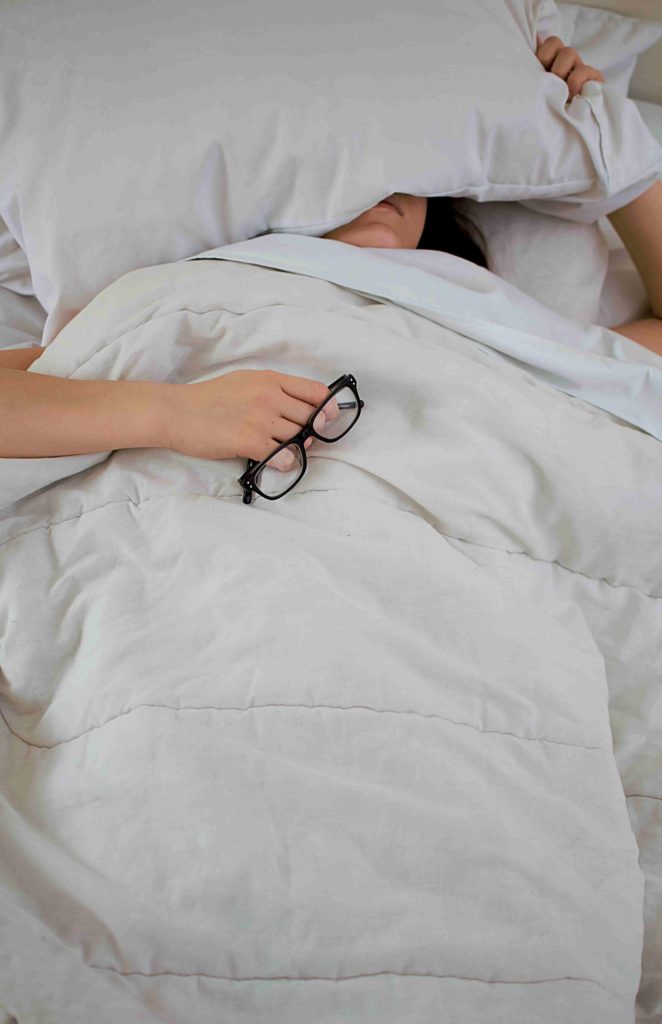
Frequently asked questions about CBD for sleep and rest
How does CBD help you sleep better?
CBD, being a cannabinoid, interacts with our endocannabinoid system and has te potential ability to help regulate our sleep-wake cycle (circadian rhythm).
CBD could help people who have difficulties falling asleep to do so more easily, according to Suraev’s² study. In addition, it can also improve sleep quality, reducing the number of times and length of time you wake up during the night.
Does taking CBD make you drowsy?
The way in which CBD helps you fall asleep and maintain sleep during the rest period isn’t by inducing sleep. Its ability to help you sleep better is thanks to its power to help you relax, as well as its circadian rhythm regulating properties, according to Suraev’s² study.
In other words, taking CBD doesn’t generally cause drowsiness. While this is one of its possible side effects, they occur very occasionally and are mild in any case. However, it should be noted that you shouldn’t mix CBD with prescription sleep medicines unless this is recommended by a doctor.
How long before going to sleep should I take CBD?
The time between taking CBD and going to sleep depends on the method of consumption.
Taking it orally offers fairly long-lasting effects, although these take a while to appear, as CBD must be digested in order to be metabolised. It can take approximately one to two hours for this consumption method to take effect.
Consuming it sublingually, in contrast, prevents the CBD from passing through the digestive tract, so its effects are felt sooner. This form of consumption allows you to feel the effects of CBD in approximately 20 minutes.
As we’ve already mentioned, none of these forms of consumption is legally permitted in Europe, as they’re considered improper uses of CBD products.
Inhalation, however, is permitted through the use of e-liquids or disposable vape pens with CBD. Inhalation of CBD is the fastest acting consumption method, as the effects are felt almost immediately.
Featured CBD products

CBD dosage calculator

Find the best CBD product for you
More about CBD
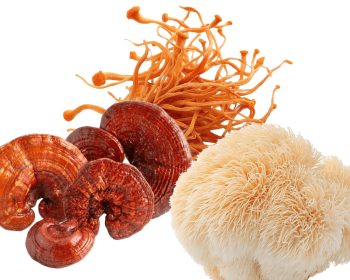
Functional Mushrooms: What They Do and How to Combine Them with CBD
Functional Mushrooms: How Reishi, Cordyceps, and Lion’s Mane Can Transform Your Well-Being More and more people are turning to natural alternatives to improve their physical

Spannabis 2025: The Last Edition in Barcelona Marked by Rain, Gifts, and Excitement
At The Tree, we’d like to share how we experienced one of the most special editions of Spannabis. In 2025, the fair was held for
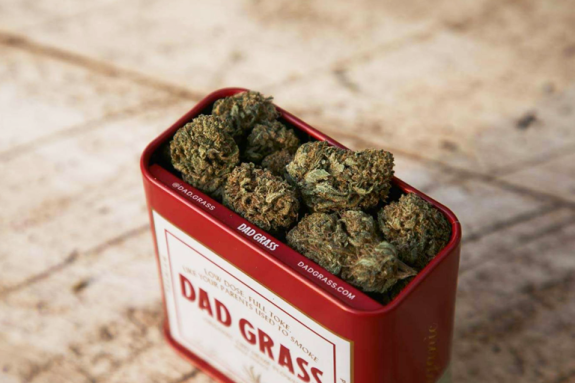
What are cannabis terpene profiles?
The terpene profile of a cannabis strain refers to the unique combination of terpenes present in that specific plant. Cannabis is a complex plant containing

